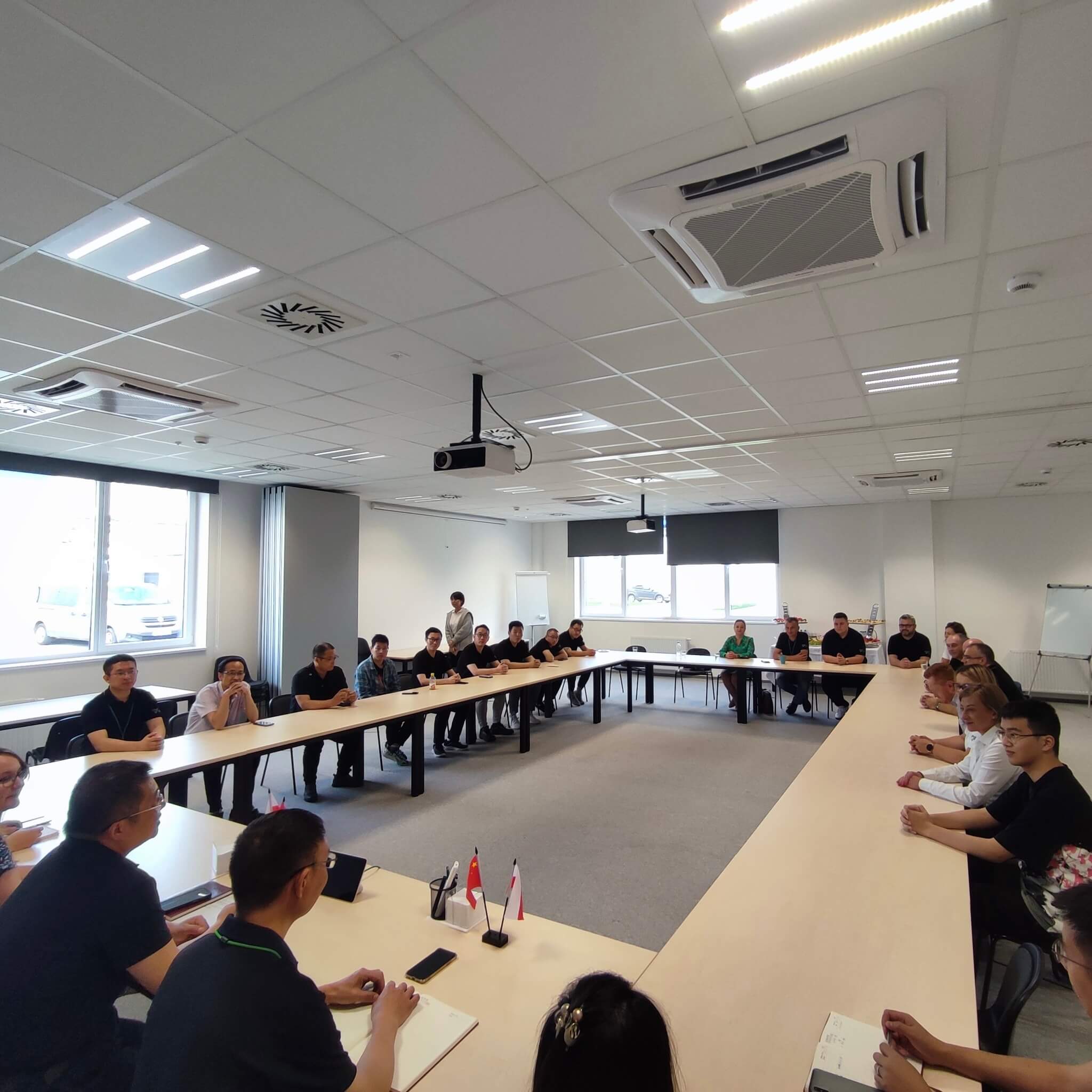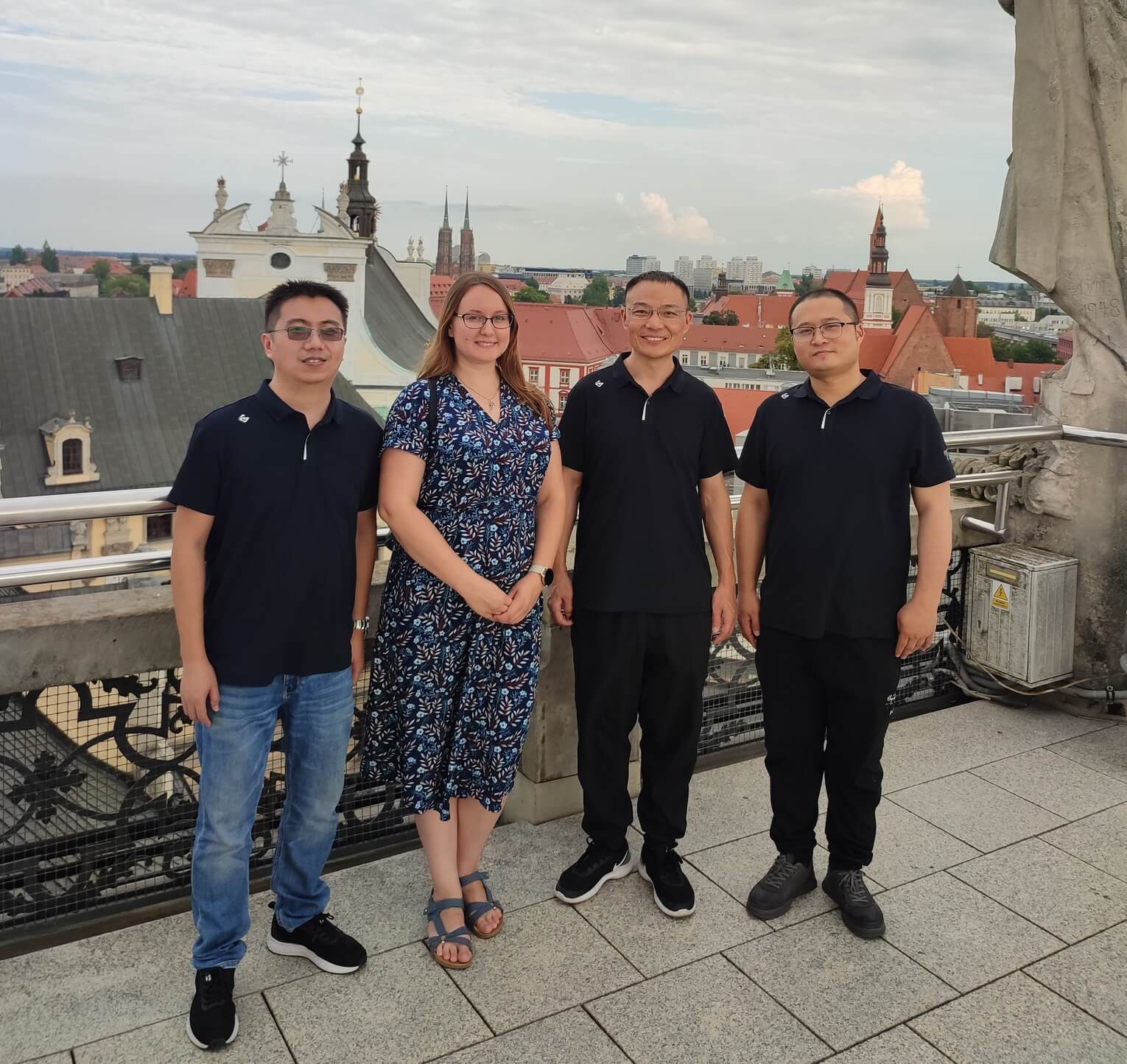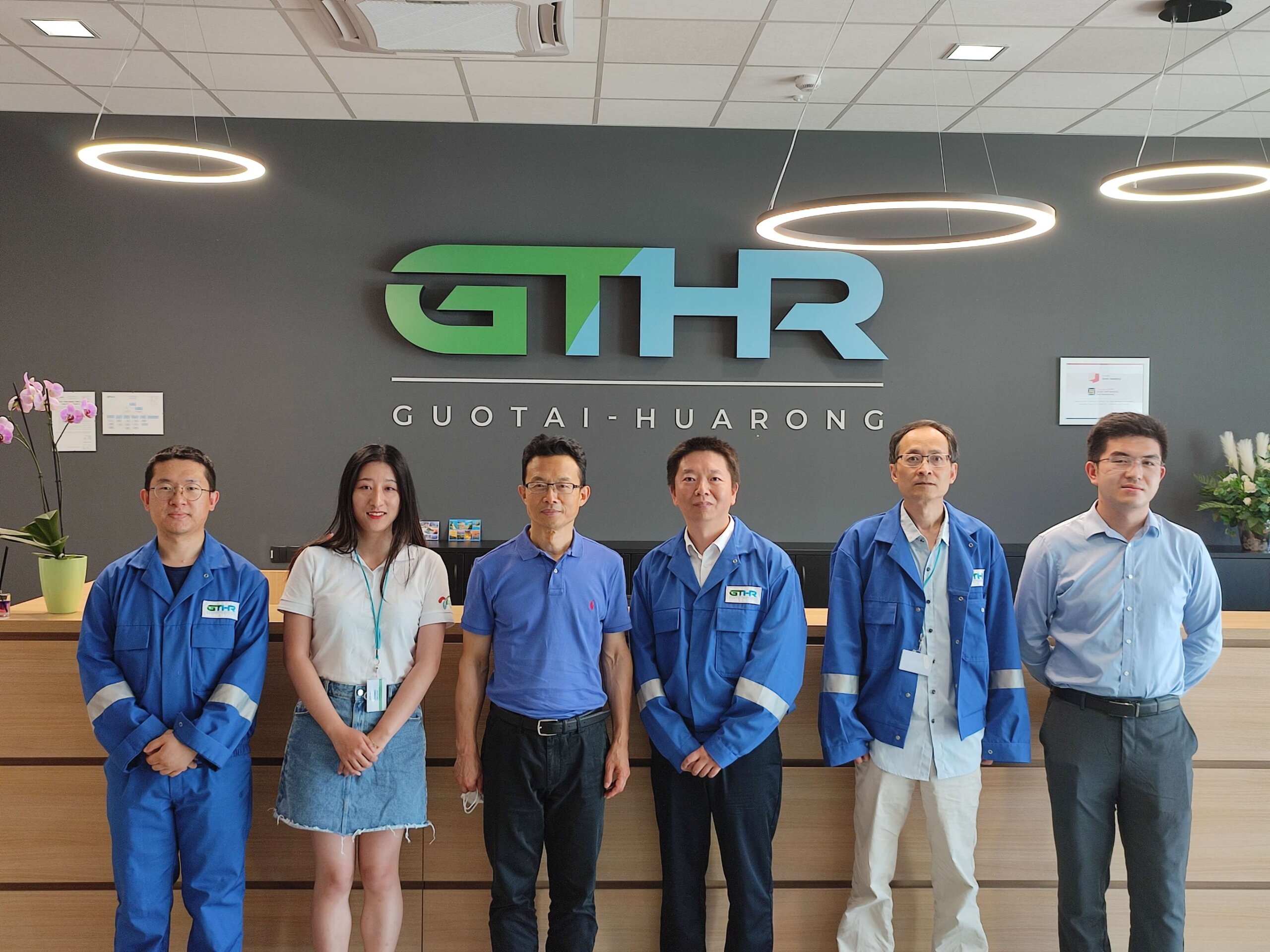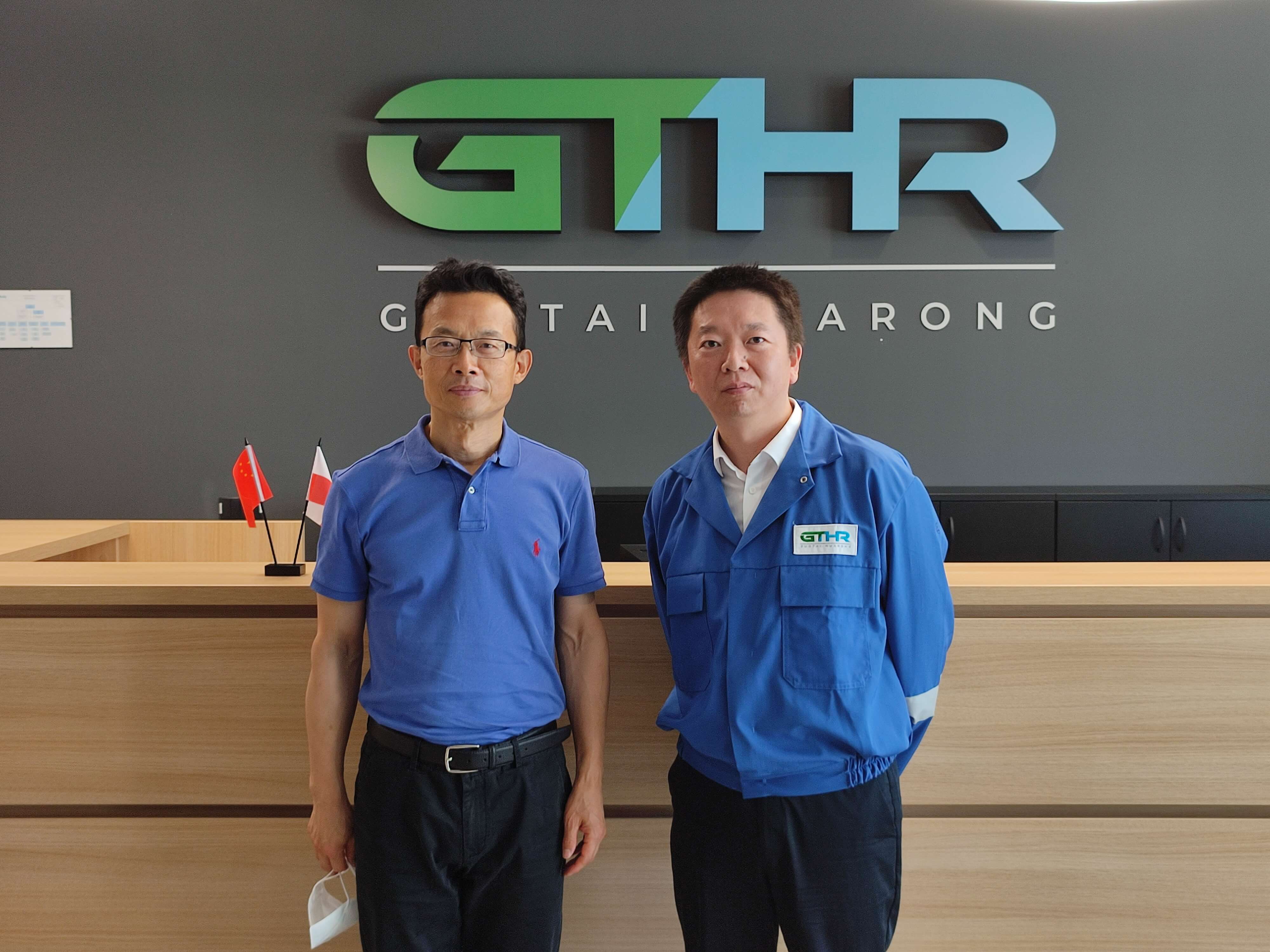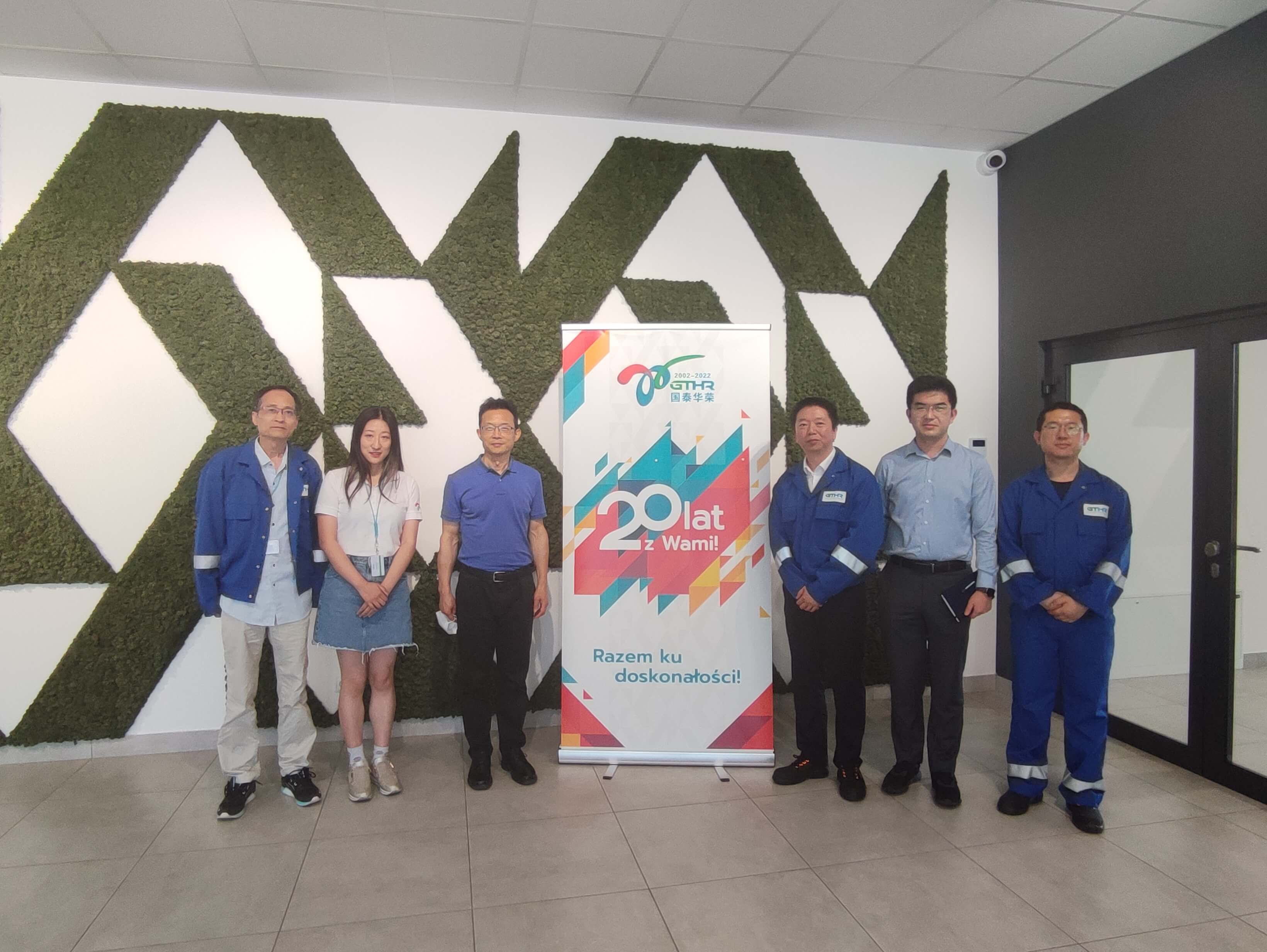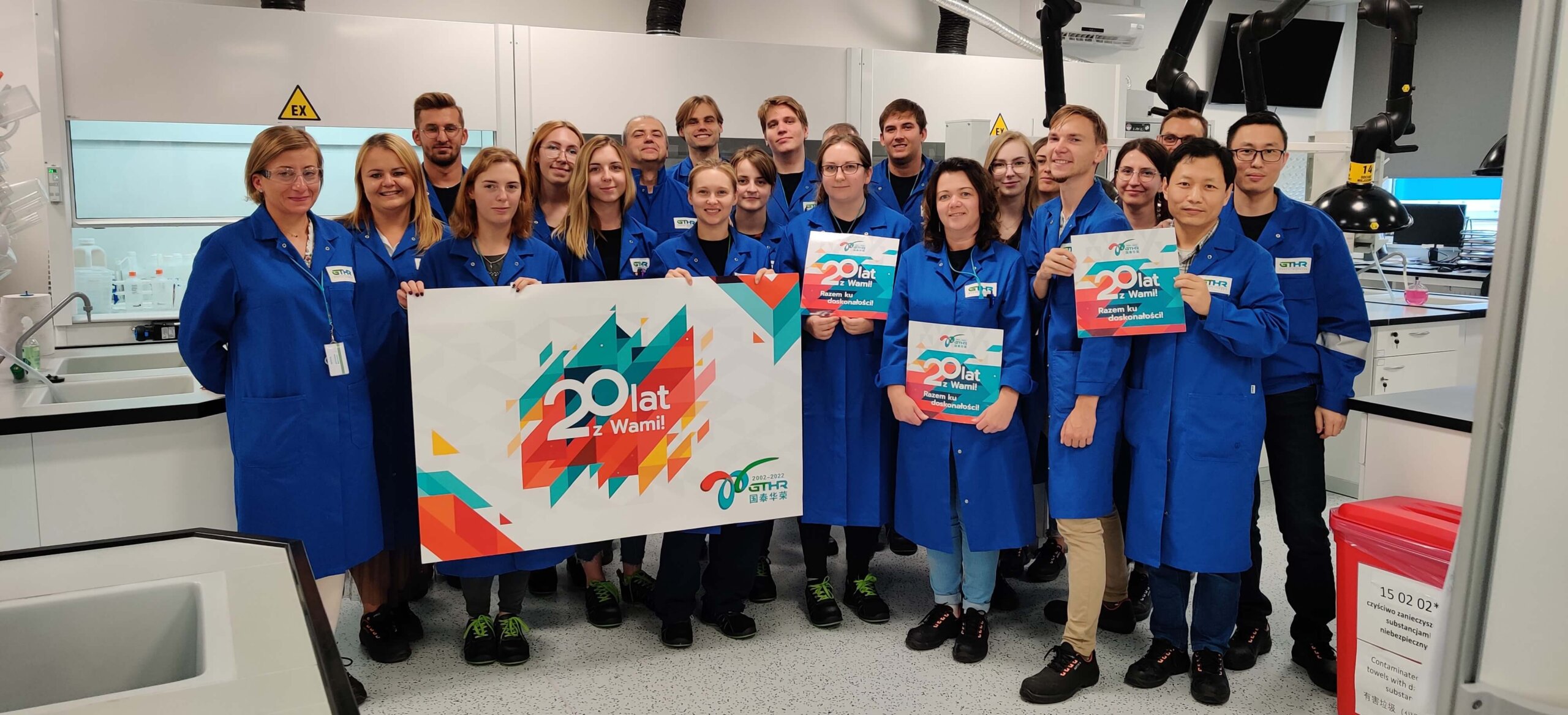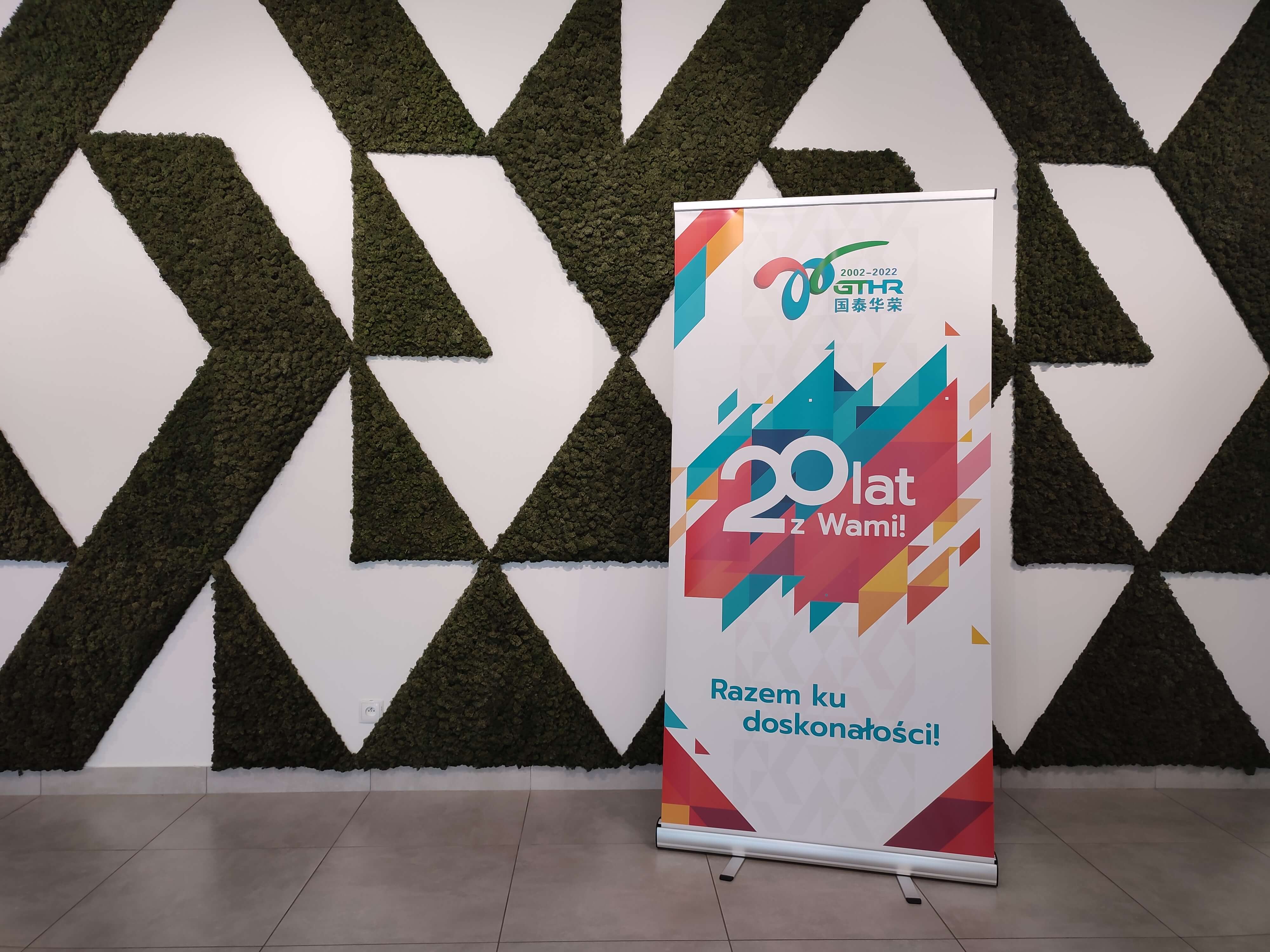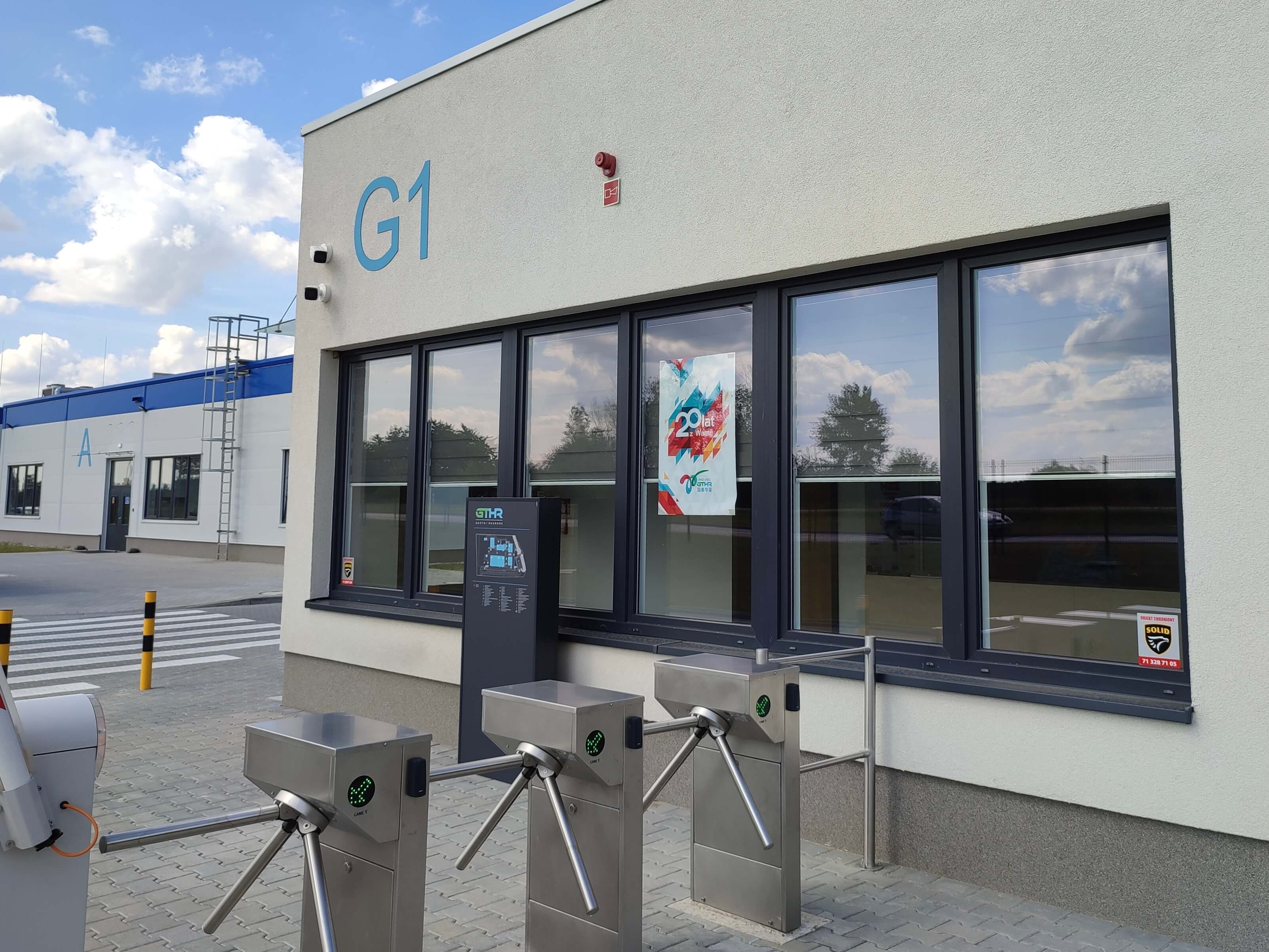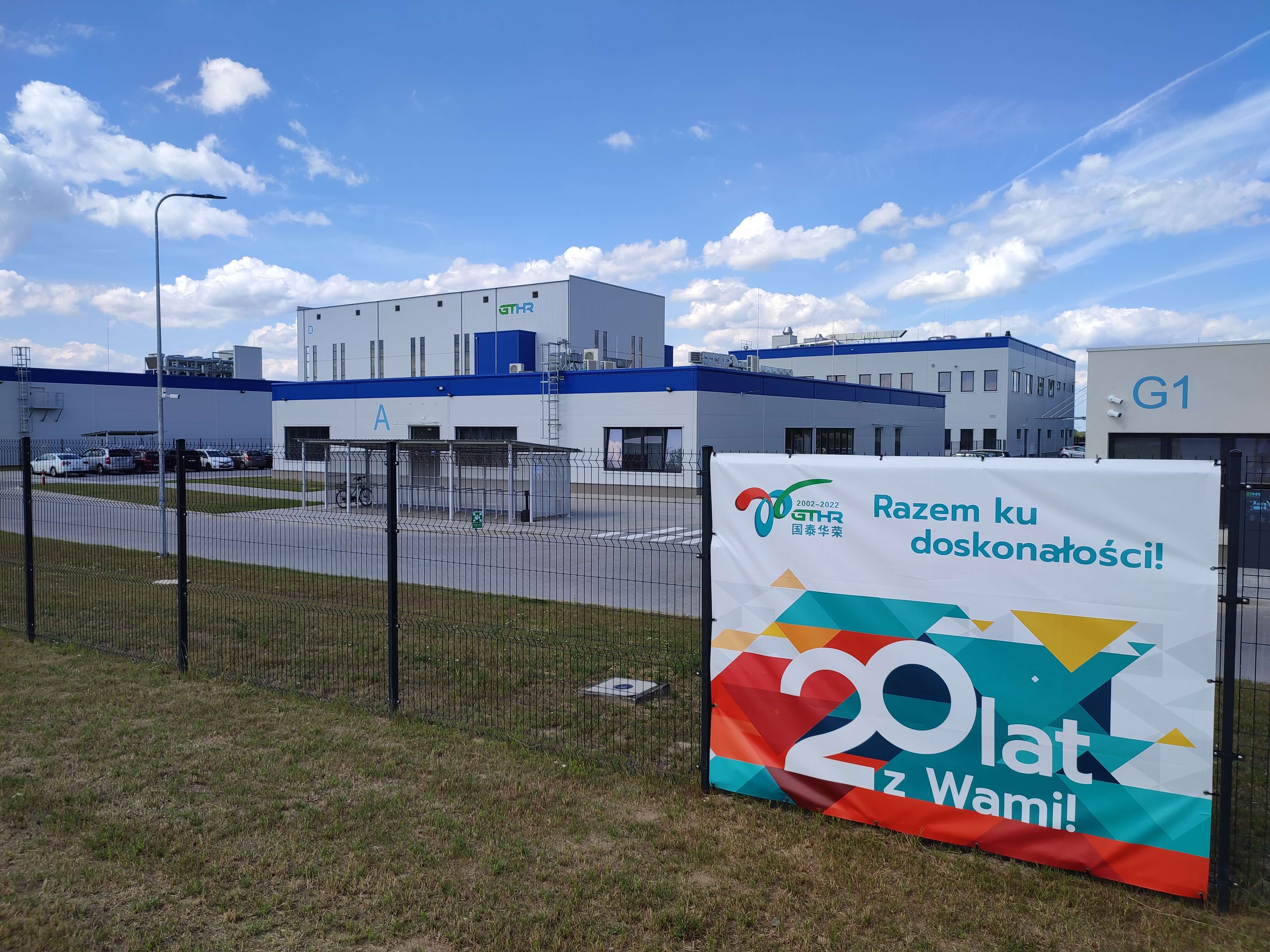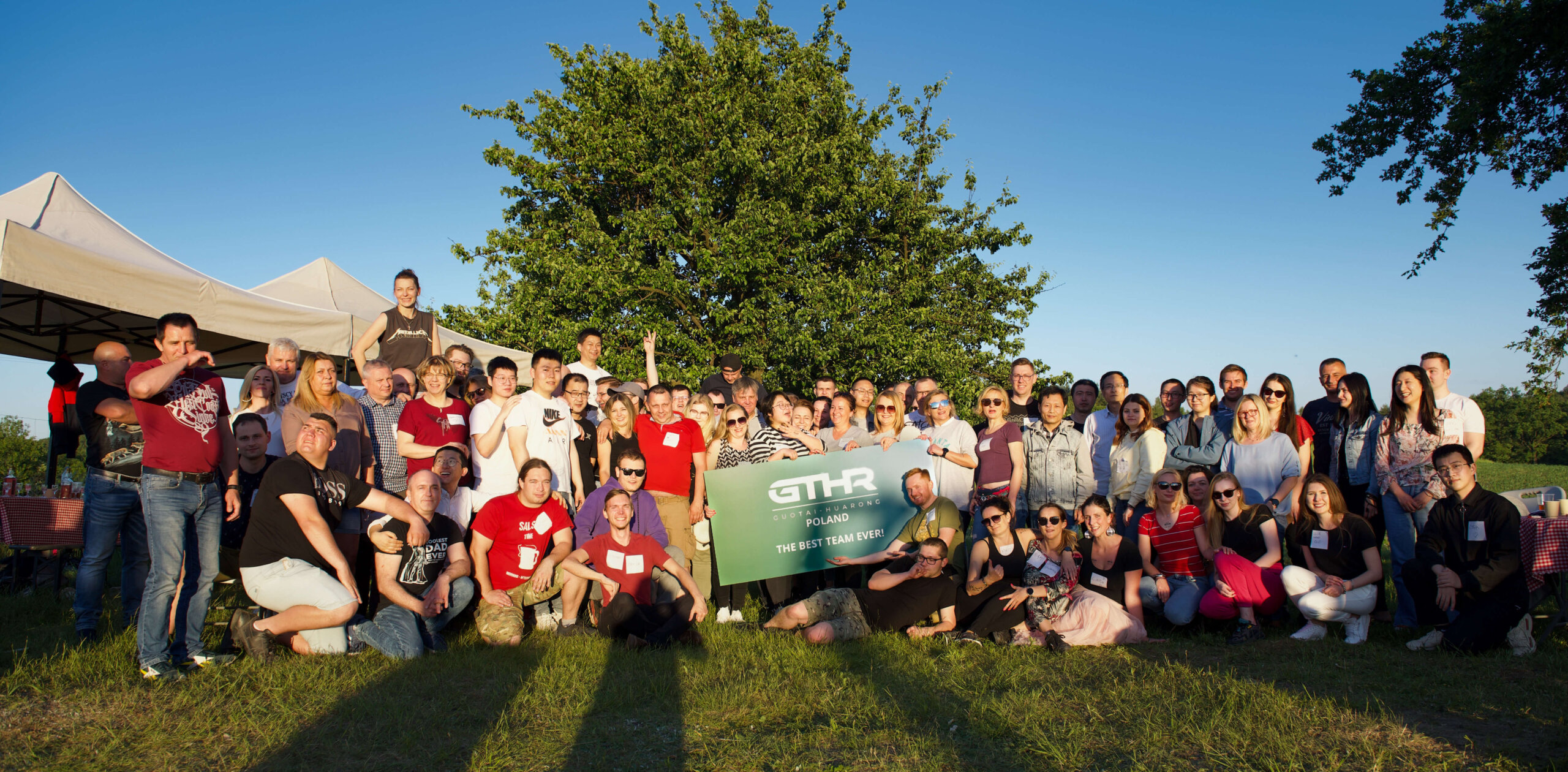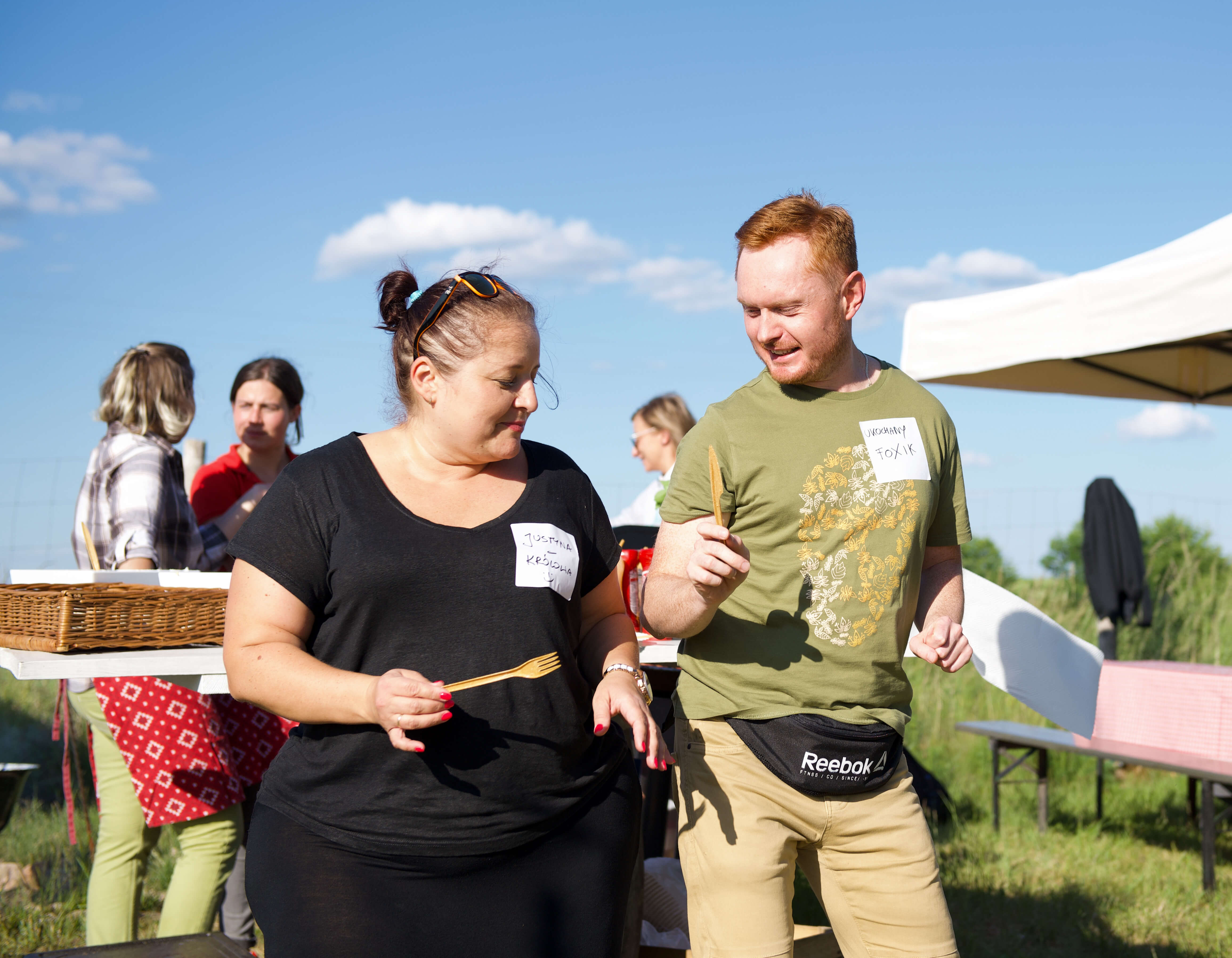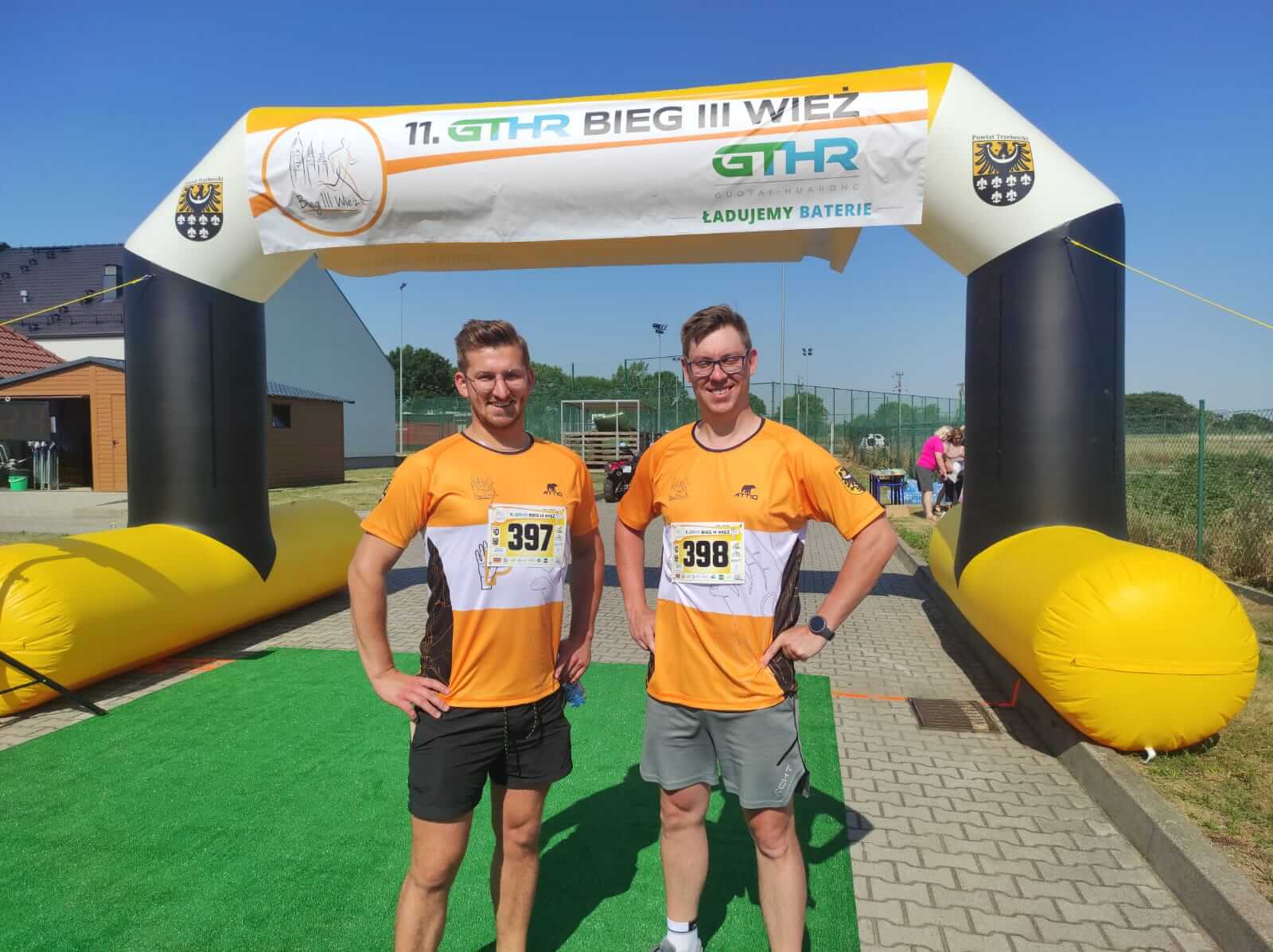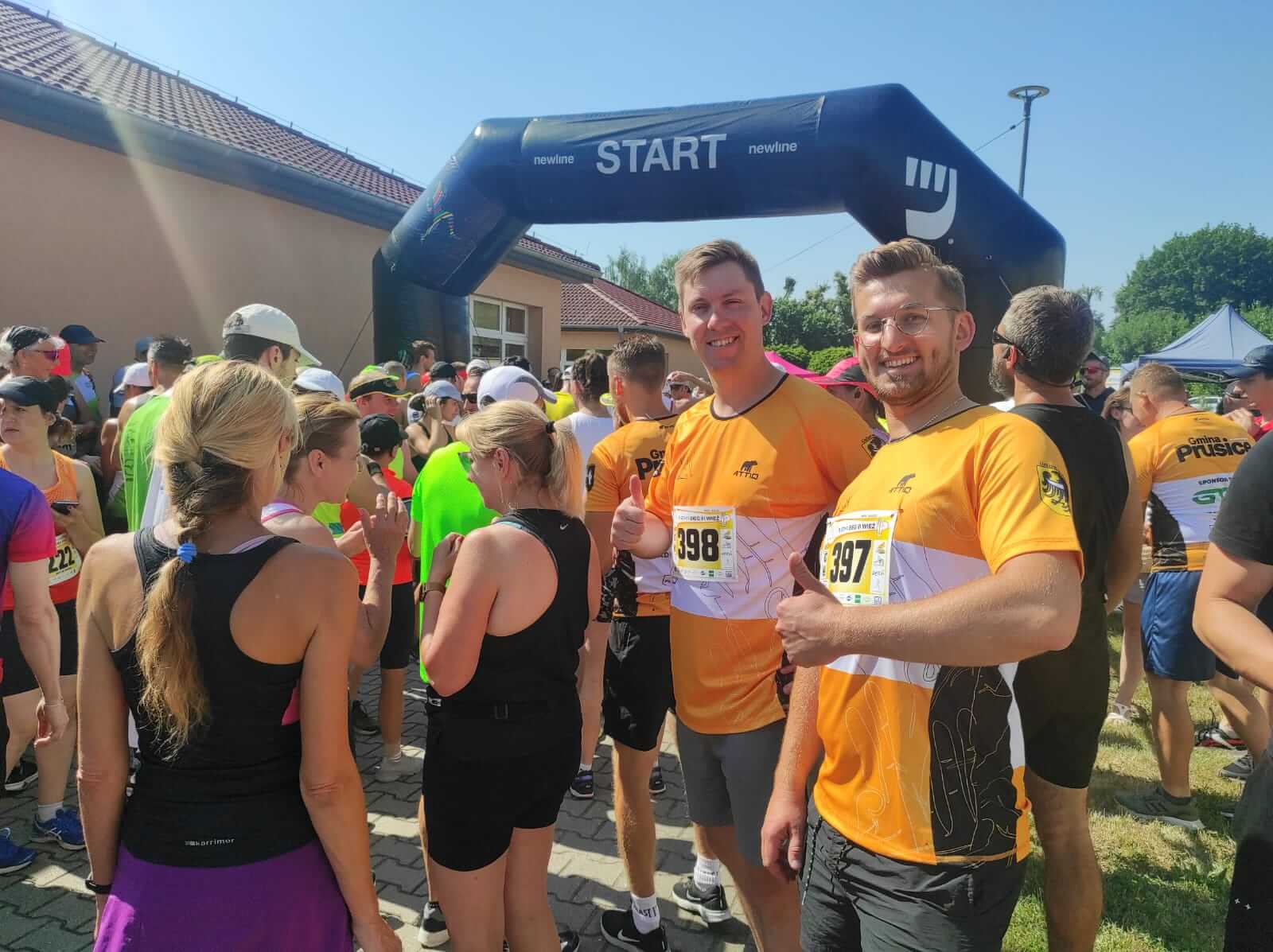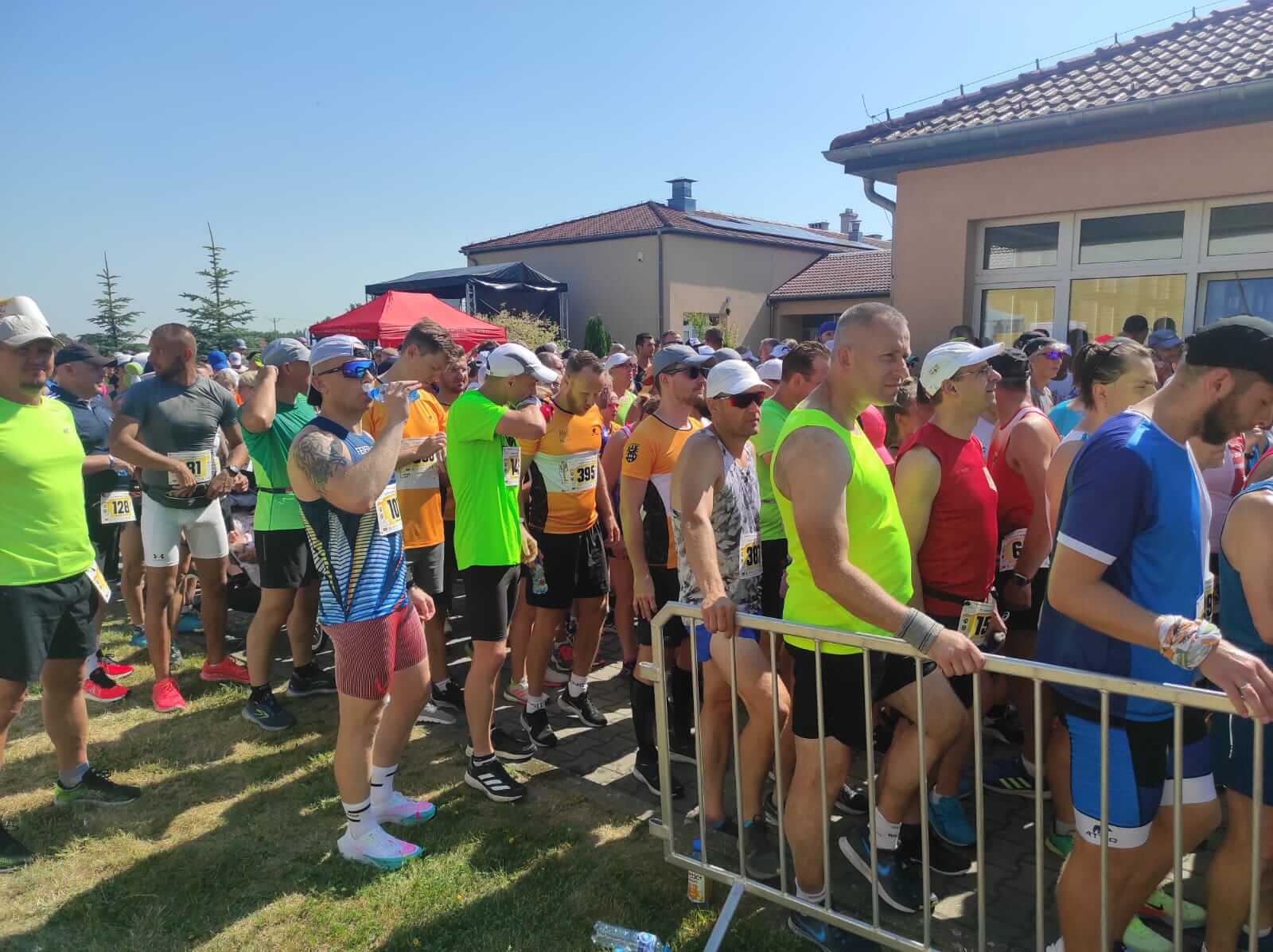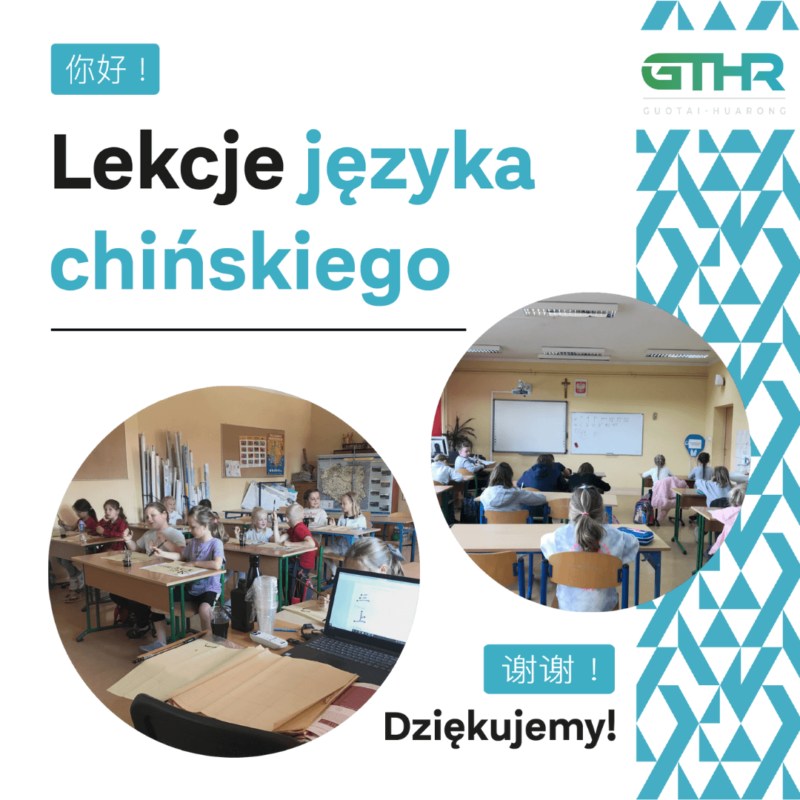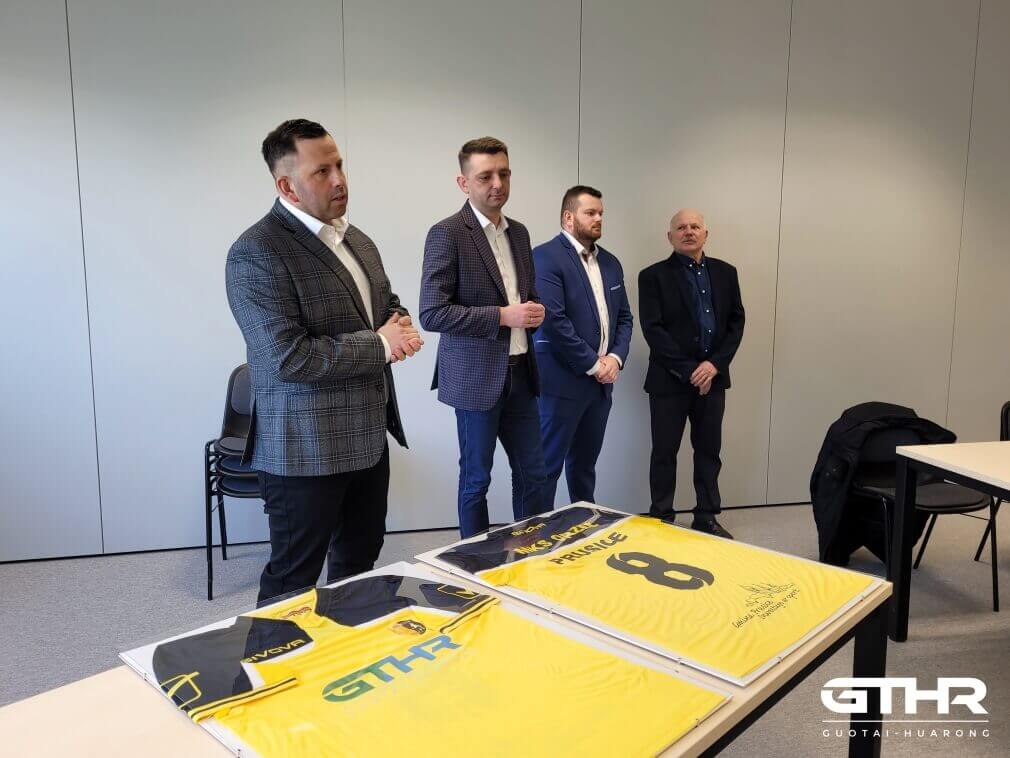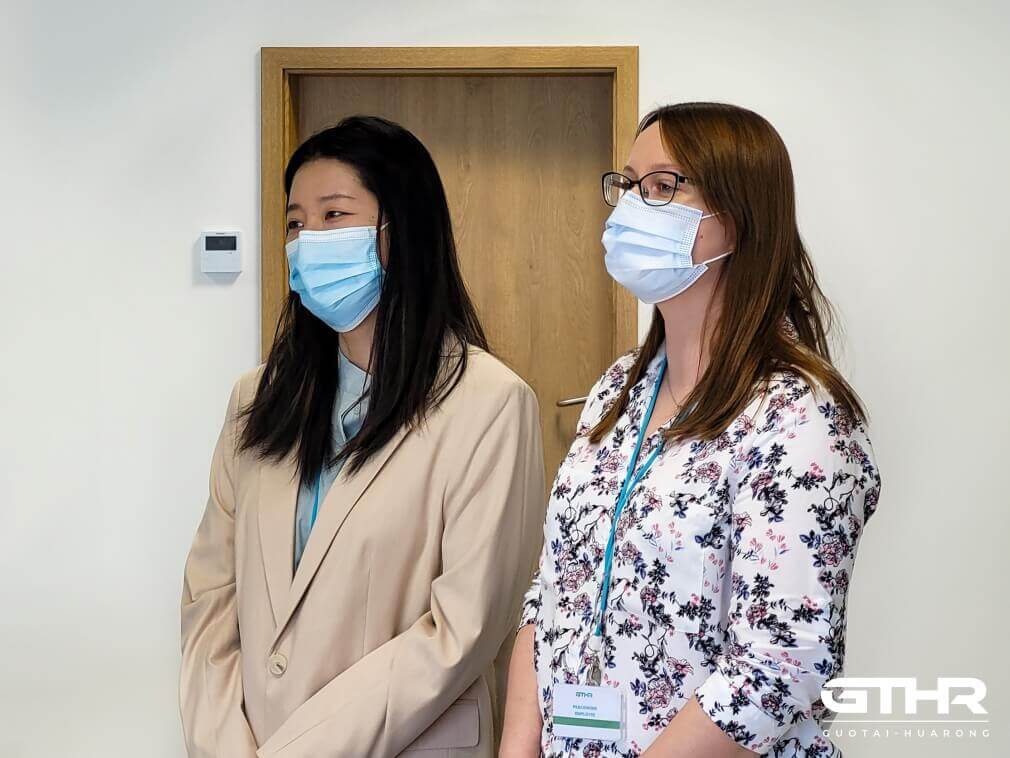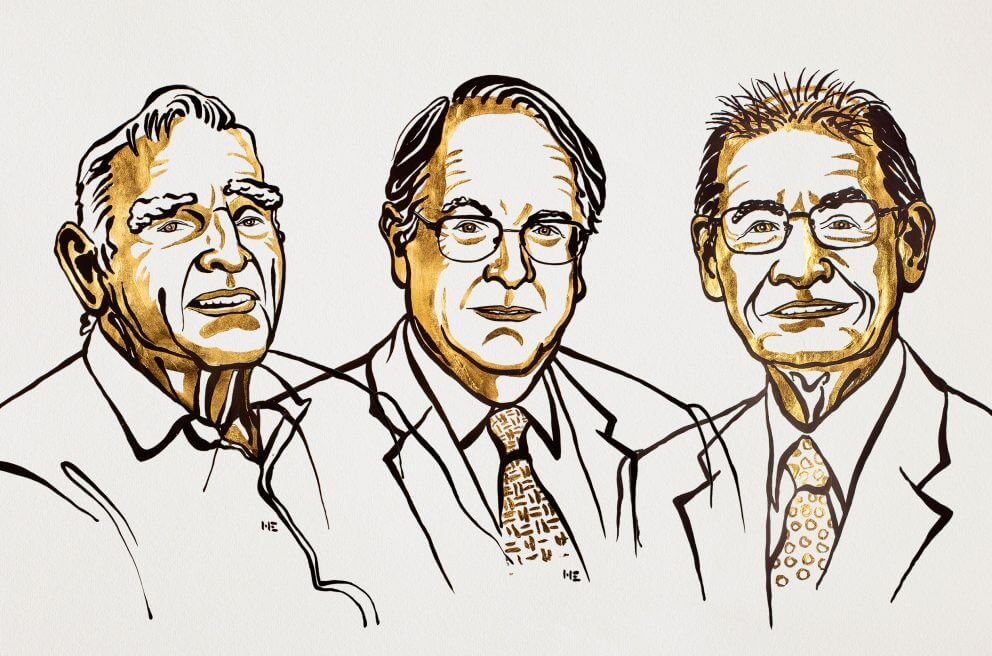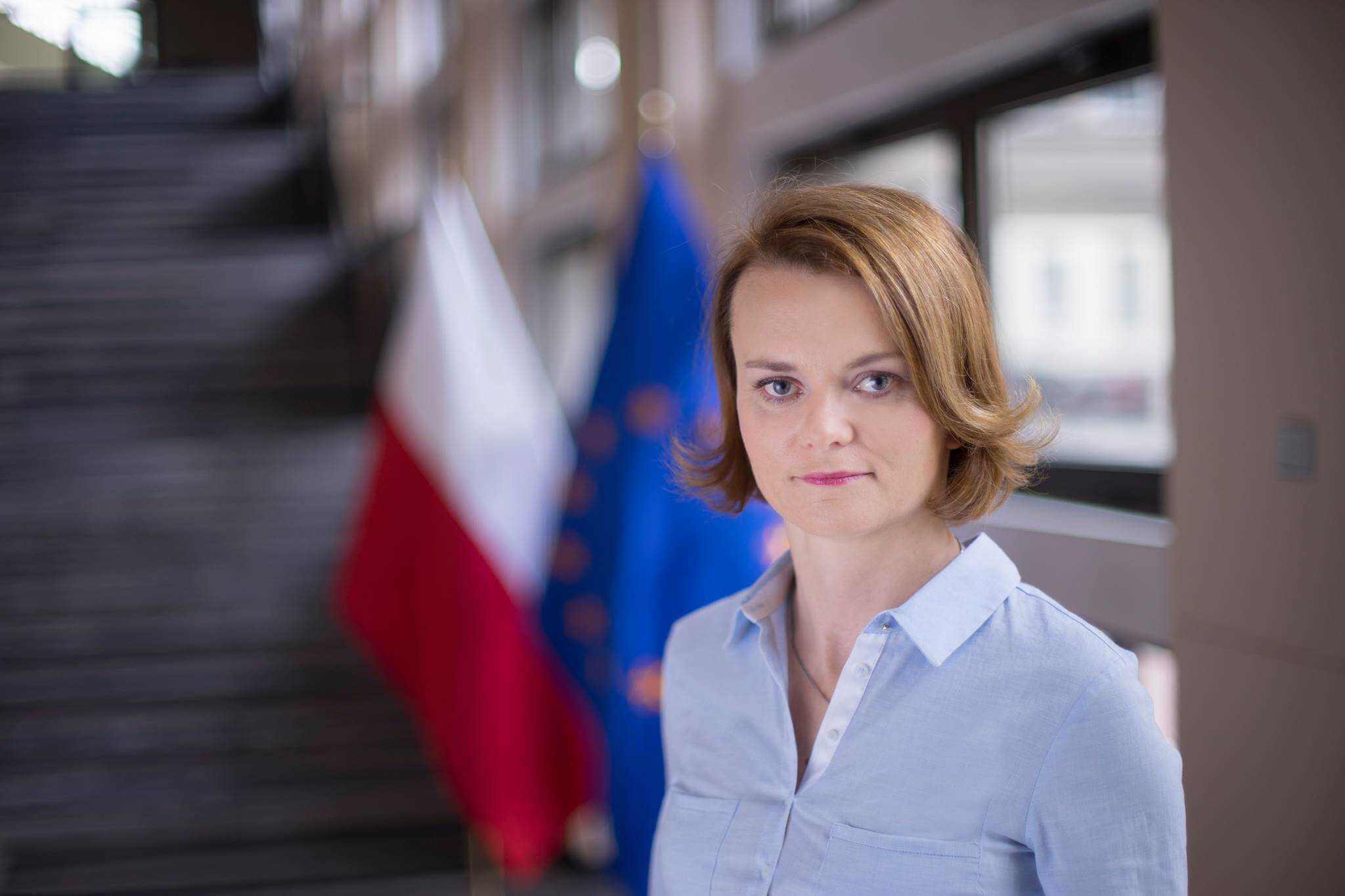The whole world is talking about electromobility today, and the word is being used in all cases. There is no escape from the widespread use of electric vehicles is a necessity and a challenge of our time. The Polish government is taking steps to allow electromobility to flourish in our country, which is linked to the development of modern industries, the country's energy security and the reduction of so-called traffic smog.
Does Poland and other European countries face an era of electric motoring? The development of low- and zero-emission transport is one of the priorities of the European Union's environmental policy.
Just read the provisions in the European Commission's March 201 1 White Paper, calling for a reduction in dependence on oil for transportation. The document calls for a 60% reduction in greenhouse gas emissions produced by transportation by 2050 compared to 1990. In turn, the 2014 EU directive on alternative fuels urges member states to develop a strategy for developing the market for alternative fuels in transport and the infrastructure needed to do so. In Poland, as one of the first EU countries, this process has already begun.
– We set ourselves the goal of developing an innovative component of our economy based on electromobility. This decision was not made as a result of being swayed by the global fad for electric cars. We want to use the existing potential in Poland, strengthen it and take the best possible place in the electromobility market. By supporting this sector, we are betting on Polish technical thought or the skills of young scientists – Jadwiga Emilewicz, Minister of Entrepreneurship and Technology, said.
A prerequisite for laying the foundations of electromobility in Poland was the coordination of efforts to develop the sector. The government provided legislative and financial support on both the supply side (production) and the demand side (market). Thus, a legal and political environment was created for the development of electromobility in our country.
The Electromobility Development Plan adopted in March 2017 presents measures that aim to popularize electromobility, defining, among other things, the benefits associated with the use of electric vehicles. In turn, the national policy framework for the development of alternative fuel infrastructure adopted for 32 Polish agglomerations implements European regulations on the conditions for building infrastructure related to this sector.
The January 2018 Law on Electromobility and Alternative Fuels stimulates the development of electromobility and creates conditions for the widespread use of alternative fuels (including LNG and CNG) in the transport sector in Poland. It provides an opportunity to test vehicles with varying degrees of automaticity and enables the creation of clean transport zones in cities. The current legislation also allows electric cars to run in bus lanes or park in specially designated areas. Excise tax exemption and increased depreciation allowances are also important. The adoption of the law makes it possible to support the development of alternative fuel infrastructure, including accelerating the construction of a core network both in urban agglomerations, in densely populated areas, and along roads belonging to the Trans-European Transport Corridors (TEN-T). It introduces a number of solutions aimed at supporting the construction of car charging infrastructure in Poland, both for passenger vehicles and urban public transport. It specifies, among other things, priority regardless of charging type for public transport in connecting charging infrastructure to the network, no construction permits, treating investments as public purpose tasks, or lower charging point connection fees.
On the initiative of the Polish government, the Low Emission Transport Fund was established to support the expansion of alternative fuel infrastructure and the development of the market for vehicles powered by these fuels. Electromobility provides an impetus for the development of modern technologies, not only automotive, but also in the area of energy storage, modern construction materials or electronic and software systems. It is also a factor integrating the world of science and business also in the sector of small and medium-sized enterprises. The effect of the development of electromobility will be to bring about a reduction in oil imports and the consumption of liquid fuels (such as gasoline and diesel) and to reduce air pollution.
A Polish scientific consortium, PolStorEn, was established in February this year to develop a new type of automotive battery cell. The consortium has the know-how and a very large human potential consisting of 80 PhD students and 600 engineers. Already today, Polish universities are conducting numerous studies on energy conversion and applied electrochemistry. They allow the development of new battery technologies and cell production.
– We have a highly qualified staff and a number of universities conducting research and development activities. Not only do we have outstanding computer scientists winning international competitions, but we also have experienced engineers working in such fields as mechanics or working in the field of chemical energy storage for means of transportation. Our country also has a strong base of companies interested in developing the production of components for the cells, as well as hardware and software for integrating batteries for installation in means of transportation. Third, we have a clear plan for what we want to achieve in the field of electromobility and related industries – Minister Jadwiga Emilewicz points out.
Together with France and Germany, Poland is participating in the European Battery Alliance project, which aims to build a “battery airbus.” Our goal is for Polish entrepreneurs to be part of the full battery life cycle value chain, in line with the idea of closed-loop economics. Poland has indigenous companies that produce batteries for Polish electric bus manufacturers and sell cells to foreign manufacturers of robots, mining machines or unmanned vehicles. Poland also has a strong base of companies interested in developing the production of cell components and equipment and software to integrate cells in transportation vehicles, such as KGHM (copper and aluminum foil), Grupa Azoty and Chempur (cathodes and anodes), Synthos and Boryszew (separators), and Orlen (plastics). Large investment projects related to electro mobility are also being carried out by companies such as LG Chem or the Umicore, Mercedes-Benz, Toyota, Mitsui Fligh-Tec, LS corporations located in the Walbrzych Special Economic Zone “INVEST-PARK” (WSEZ “INVEST-PARK”), GTHR or Capchem. The southwestern part of Poland, especially Lower Silesia, is one of the most attractive locations for the development of this industry in Europe. This is influenced by excellent infrastructure, geographical location, specialized employees and the presence of global automotive subcontractors, including companies operating in the WSEZ “INVEST-PARK”: GKN Driveline, Bridgestone, NSK, Faurecia, or Mando. One in four of the 250 companies operating in the Wałbrzych zone represents the automotive sector. Our advantages are both perfectly located investment areas and ready industrial halls and office space for rent. The zone offers income tax reliefs, as well as comprehensive support for entrepreneurs, assistance in locating investments and care while running a business: free training, lower energy purchase costs, assistance in finding employees and business partners, mentions Piotr Sosiński, President of the Board of the WSEZ “INVEST-PARK”.
– The zone has been repeatedly recognized in fDi Magazine's international ranking for, among other things, the quality of its service to investors. For more than two decades it has been a catalyst for economic development in Lower Silesia, Opole and Greater Poland - emphasizes the company's CEO.
